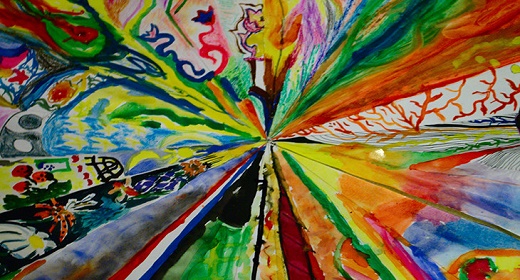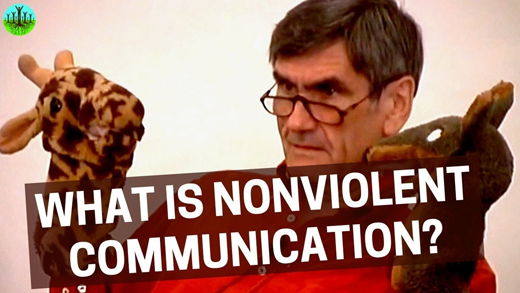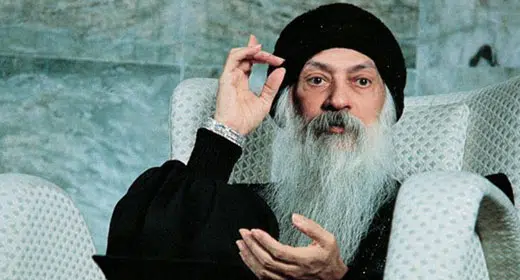by Ram Dass: Many students, in their zeal to get to God, reject their incarnations…

They reject their identity with themselves as human beings. They try to push away their incarnations in order to get to God. However, what you have to do is extricate yourself from attachment to it, not deny it. You have to honor it without attachment. The lack of caring often comes from the pushing away. It’s an attachment to truth without the bleeding quality, the relation to the horror, sadness, suffering as well as the joy and beauty of all of it.
When you’re tuning into someone, you will often find places that are missing.
You can have great meditations with them, but you can’t eat soup with them, because they’re a slob, or they can’t relax and just have fun eating soup. In a way, to me, the joy of freedom is being free to play everywhere, not just here or there. And playing on the physical plane means caring and compassion, and involvement, and love, and concern about the universe around you.
Spiritual students often feel, it’s kind of dirty or beneath their dignity to really care, because they confuse non-attached caring with attachment, and they’ve pushed away the whole thing.
One of the ways you first feel it, is you realize that they want God so bad that they don’t care for you at all. It’s not that you need to have them care, but they need to care. They need to care for you in order to make it. And you’ve got to get them to care for you. Since you’re the instrument of their awakening, once they’re your student, you’ve got to create the situation where they would care for you.
Students will call up and they’ll immediately go into a dialogue of their own self-pity and unworthiness and all that. There’s never a question of, “Am I disturbing you?” They don’t care, they really don’t care. So then you say, “Well, you have to ask, ‘Am I disturbing you?’” So then they’ll ask, “Am I disturbing you?” That isn’t any more caring; that’s merely learning how to play the game. You have to create situations where they see their own lack of caring in such a way that they start to explore it and examine it, and go through all the guilt and all of the reasons they’ve turned off caring for the universe, so that they can turn it back on again.
At times a teacher may sacrifice himself, take on pain, to create that opening in others. He or she becomes a living statement of the pain in order to elicit the response from the other person. But they’re not in pain at all, they’re just using the pain. See the thing about a free being is, they can paint on the canvas in a much wilder way than anyone else can. Because everyone else has to paint it ok and they don’t have to paint it ok. They can paint you right into death and destruction, it doesn’t matter to them. They’re not attached to life over death. They’re not attached to pleasure over pain. They can get everyone hating them and think it’s great. Or no greater, or less great than if everyone loves them. A truly honest artist would be the same as a realized being, because they can paint with the full spectrum of human emotions.
It is all instrumental to the student burning out that place. The game is to draw the person in very tight. For example, I’ve been working with someone and the process has drawn them to be madly and passionately in love with me. At which point I cut it all, completely, and they feel the icy cold, they interpret it as rejection although it isn’t, it is intense love. Love that will free them from that process and even though they go through weeks of incredible suffering, they are getting incredibly strong from it. If you do it right, they come out absolutely strong, like iron, and the whole love has moved to a new level of love. It’s no longer a lower level of Bhakti, it’s gone into a higher level of Bhakti. In transforming it, you have to push and pull; you bring it in really close and then you let go.









































